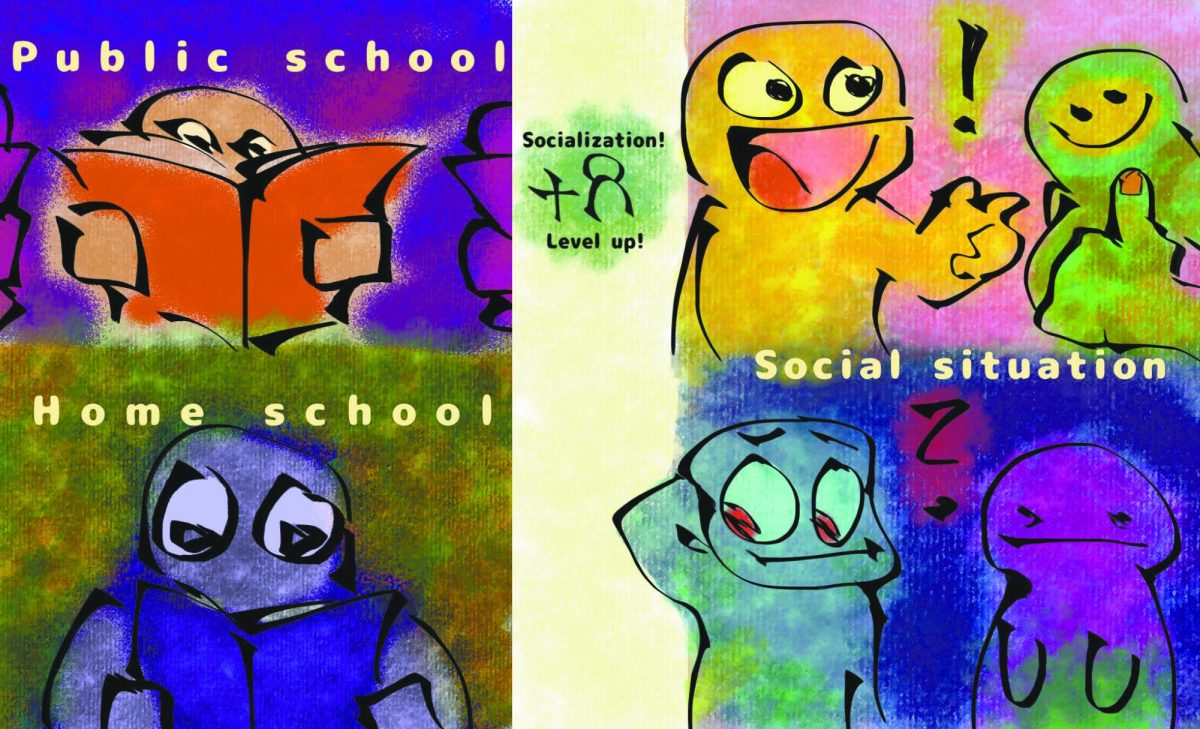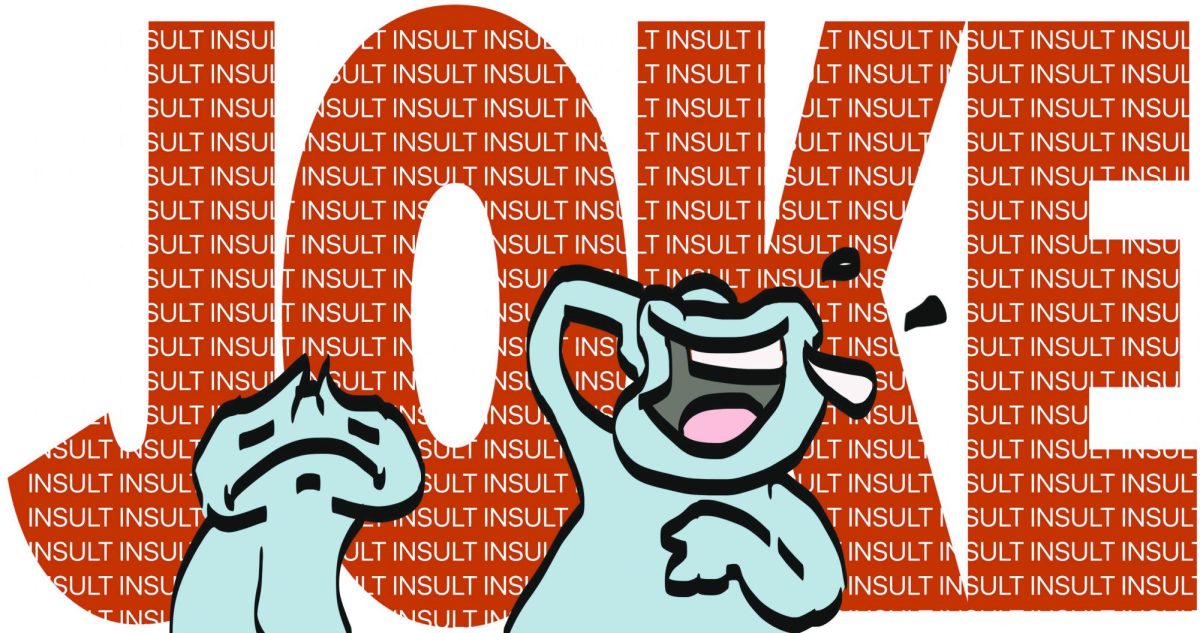I was scrolling on Instagram the other day and saw a video asking why people nowadays “lack empathy”. I remember sitting there having to actually think about it, before I finally realized the video was right.
We lack compassion.
It’s not a fault of our own– afterall, humans are (supposedly) naturally compassionate– but rather the fault of the unfortunate state of our world. The fact is, there is a growing downsizing of compassion coming from individuals because of a phenomenon known as “compassion fatigue”. The Oxford Dictionary defines this term as “the indifference to charitable appeals on behalf of those who are suffering…as a result of the frequency or number of such appeals.” In a nutshell, compassion fatigue is the apathy towards caring about those who are suffering due to the fact that there are too many.
It’s most common in first responders or healthcare workers, but that doesn’t mean regular individuals can’t be afflicted. And unfortunately, that’s happening today.
Compassion fatigue stems from the “I’m only one person” mindset. It’s this idea that one person cannot make a difference, that offering help is pointless, and that mentality only grows when the amount of people suffering increases.
However, that is where the issue arises. If we naturally close ourselves off when we begin to feel like our help is useless, it allows for the issue to grow without mediation. It allows for those suffering to simply continue suffering. That goes against the fundamentals of life that most of us are raised with.
Others might feel the bystander mentality, a feeling that can be described as not assisting another because of the belief that someone else will. While this feeling stems from compassion, and is typically accompanied by the thought process that one would help if there was nobody else, it is equally as harmful as compassion fatigue simply because it allows for the situation to continue.
The fact is, we owe each other kindness. It’s what makes us human. There are so many small things that someone can do that could cause a ripple effect for others. As corny as it may sound, even a small thing such as complimenting someone else could easily have made someone else’s day. Even a small thing like helping someone else pick up their things after a fall, holding the door open for someone, taking the time out of your day to show someone directions to a place they need to get to, these are all capable of causing ripple effects.
I think compassion gets a pretty bad rep. Recently, Starbucks employees were all required to write little notes on their customers’ cups. However, it has proven to be a bad idea– especially during highly busy hours– because of how time consuming it can be. Compassion turned into a chance for customer increases or monetary boosts is ineffective and frankly, not real compassion.
Real compassion is being able to reach into your humanity and realize that we are all just the same species living on the same, small planet. Real compassion is human. It’s what makes us, “us”, and it starts with knowing yourself. It starts with being aware of your own limits so you don’t drain yourself, but still making the attempt to reach out a helping hand not because you expect something in return, but because you were once there before.
From the viral video of the bull using its horns to flip over a turtle on its back, to a little kid going around giving grown adults little trinkets and toys, compassion brings happiness. It brings us closer to each other. The world may not be all sunshine and rainbows, but why can’t humans be?



